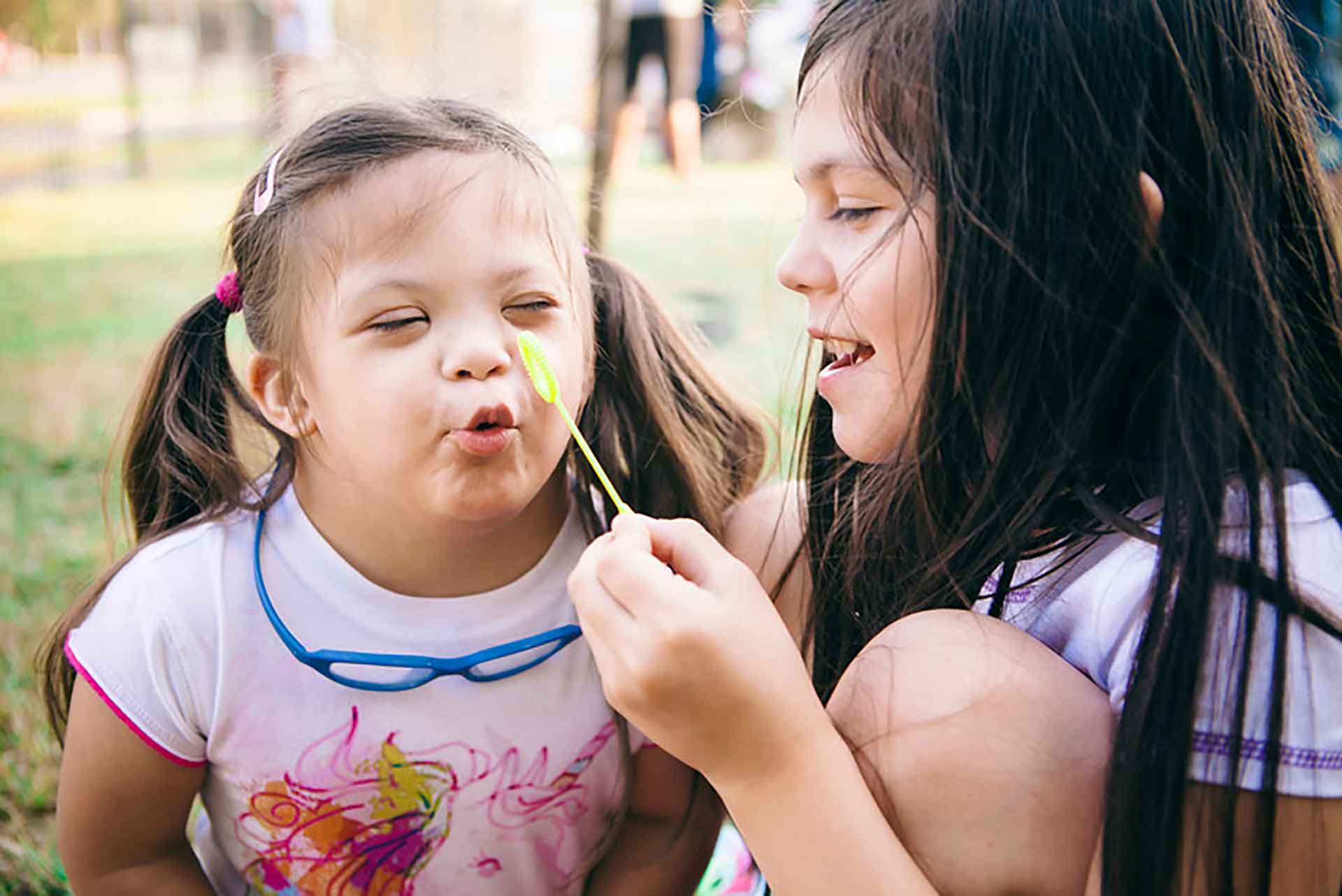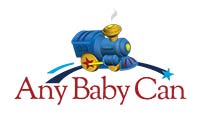Autism Services
Any Baby Can's Autism Services Program is designed specifically for families raising a child diagnosed with Autism Spectrum Disorder. Our team provides parent education and support through a variety of services such as parent training, parent and sibling support groups, and educator and first responder training.
- Parent Training
- Understanding Autism
- Safety (various classes)
- Hygiene, Health, & Sexuality (various classes)
- Parent & Sibling Support Groups
- Autism First Responder Recognition and Response

Start treatment early: If you suspect that your child has autism, it is best to start treatment right away. Early intervention is the most effective way to speed up your child’s development and reduce the symptoms of autism over the lifespan.
Learn about autism: Educate yourself about autism spectrum disorder, and the treatment options, and participate in all treatment decisions. The more you know about autism, the better equipped you’ll be to make informed decisions for your child.
Provide structure and safety: Autistic children benefit significantly from a structured schedule. Create a personalized autism treatment plan and stick to it. This will help your child feel safe and secure.
Find nonverbal ways to connect: For many autistic people, communication can be challenging. Find nonverbal ways to connect with your child. This could include using gestures, facial expressions, or even sign language.
Schedule time for play: In between school and therapy, autistic children can easily get swamped. Schedule time for play and fun activities. This will help your child relax and enjoy life
Remember, patience is vital when caring for a person with autism. With the right support and treatment, your child can thrive and overcome the challenges of autism.
What is Autism Spectrum Disorder?
Autism Spectrum Disorder (ASD) is a range of complex neurodevelopmental disorders, characterized by social impairments, communication difficulties and restricted, repetitive, and stereotyped patterns of behavior that typically appear during the first three years of life. Autism Spectrum Disorder is considered to be a "spectrum disorder" because it can significantly vary with each individual in character and severity. We know that ASD occurs in all ethnic and socioeconomic groups in the United States and around the world.
Common Signs of Autism
Autism Spectrum Disorder (ASD) is a developmental disability caused by differences in the brain. It can manifest in a variety of signs and symptoms, which can vary greatly among individuals. Here are some common signs:
-
Avoids or does not keep eye contact
-
Does not respond to name by 9 months of age
-
Does not show facial expressions like happy, sad, angry, and surprised by 9 months of age
-
Does not play simple interactive games like pat-a-cake by 12 months of age
-
Uses few or no gestures by 12 months of age (for example, does not wave goodbye)
-
Does not share interests with others by 15 months of age (for example, shows you an object that they like)
-
Does not point to show you something interesting by 18 months of age
-
Does not notice when others are hurt or upset by 24 months of age
-
Does not notice other children and join them in play by 36 months of age
-
Does not pretend to be something else, like a teacher or superhero, during play by 48 months of age
-
Does not sing, dance, or act for you by 60 months of age
Restricted or Repetitive Behaviors or Interests:
-
Lines up toys or other objects and gets upset when order is changed
-
Repeats words or phrases over and over (called echolalia)
-
Is focused on parts of objects (for example, wheels)
-
Gets upset by minor changes
-
Must follow certain routines
-
Flaps hands, rocks body, or spins self in circles
-
Has unusual reactions to the way things sound, smell, taste, look, or feel
Apparent developmental delays:
-
Delayed language skills
-
Delayed movement skills
-
Delayed cognitive or learning skills
-
Hyperactive, impulsive, and/or inattentive behavior
-
Epilepsy or seizure disorder
